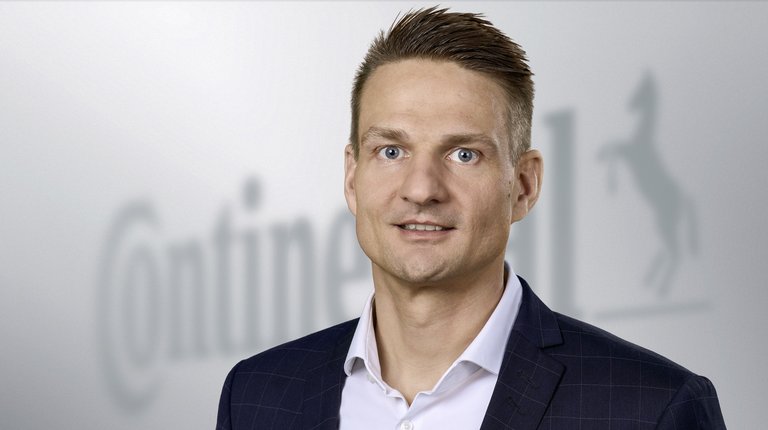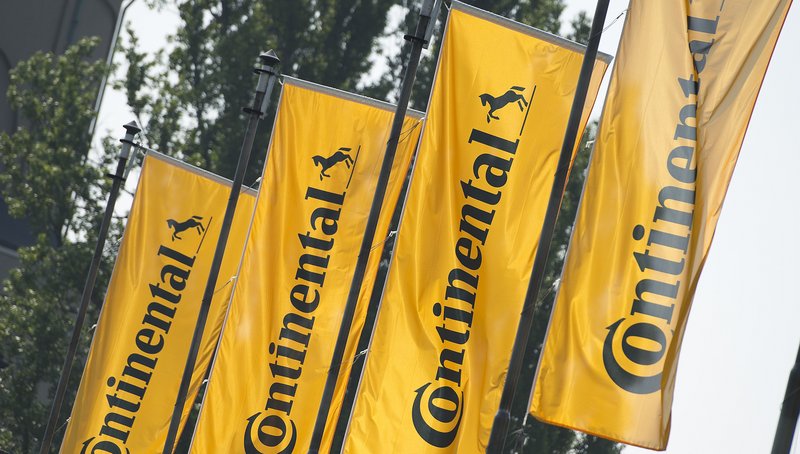Automotive: Continental Consolidates Business Activities in the Rhine-Main Region
- Continental implements announced measures to increase competitiveness in the Automotive sector
- Frankfurt becomes technology center for high-performance computing
- Activities at the Wetzlar and Schwalbach sites are to be carried out in Frankfurt and Babenhausen
- Measures will affect around 2300 jobs
- User Experience business area concentrates activities in Babenhausen
- Philipp von Hirschheydt, member of the executive board and head of Automotive: "With these measures, we are significantly improving our cost structure and, above all, strengthening cooperation in research and development. We will find good and fair solutions for the planned changes in close cooperation with our social partners."
Frankfurt am Main, Germany, March 26, 2024. Continental’s Automotive sector has decided to carry out the activities of its Wetzlar and Schwalbach sites in Frankfurt and Babenhausen in the future. The company had already announced its efforts to bundle the sector’s business activities in the Rhine-Main region on February 14, 2024. They are part of Continental's plan to increase the competitiveness of the Automotive sector, which Continental is consistently implementing. The consolidation is expected to take place gradually and to be completed by the end of 2025. The locations in Wetzlar and Schwalbach that are no longer in use are to be sold. The aim is to continue to enable employment at the sites.
By merging the sites, the sector is leveraging synergies, simplifying work processes, shortening development times and reducing costs through better utilization of the existing infrastructure. At the same time, the headquarters of the Automotive sector in Frankfurt will be strengthened. A competence center for future technologies such as high-performance computing is being built there.
"With these measures, we are improving our cost structure and, in particular, strengthening cooperation in research and development," explains Philipp von Hirschheydt, member of the executive board and head of Automotive. "In the future, we will make even better use of our strengths in the field of vehicle software and architecture at the competence center in Frankfurt and thus bring our technologies and solutions to market maturity more quickly."
The measures to increase competitiveness are expected to have an impact on a total of around 2,300 jobs in the Continental Automotive sector in the Rhine-Main region. Of these, around 1200 jobs are to be cut and around 1100 are to be relocated to the sites in Frankfurt and Babenhausen. Continental's Automotive sector currently employs around 8,000 people in the Rhine-Main region. "We will work closely with our social partners to find good and fair solutions for the planned changes," said von Hirschheydt.
User Experience business area concentrates activities in Babenhausen
At the same time, Automotive is taking the next step in the organizational spin-off of the User Experience business area and is bundling the research and business activities of the area from the Rhine-Main region at the Babenhausen site. Development projects in the User Experience business area, which were previously based in Wetzlar, will be continued from Babenhausen in the future. Activities unrelated to the User Experience business area will be transferred from Babenhausen to Frankfurt.
The consolidation of the sites in the Rhine-Main region is part of the already announced bundling of the research and development network with a total of 82 locations worldwide and the announced streamlining of the administrative structures. The aim is to sustainably strengthen competitiveness through more efficient processes, closer cooperation and a focus on particularly promising growth areas.
The Automotive business sector plans to reduce the share of research and development expenditure (R&D ratio) to less than 10 percent of sales in 2028. Despite the reduction in the R&D ratio, absolute expenditure on research and development can increase based on the expected sales growth in the medium term. By streamlining its administrative structures worldwide, the Automotive sector intends to reduce costs by EUR 400 million per year. The full scope is to be achieved from 2025.

Sebastian Fillenberg
Head of Content, Media Spokesperson and Topic Manager Architecture and Networking
Continental Automotive
